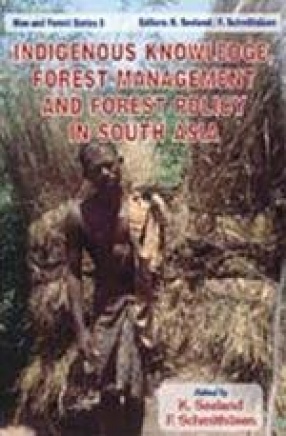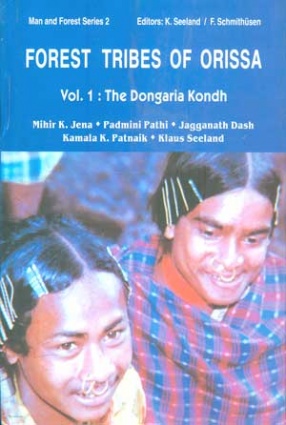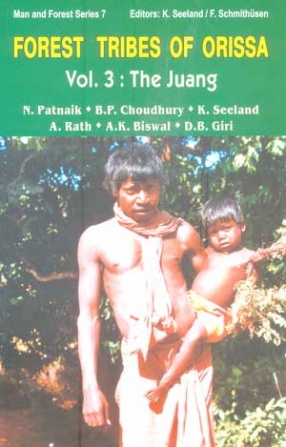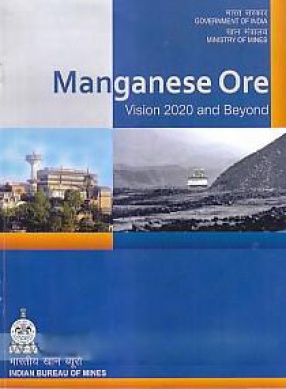Reflecting the latest findings of a large research project that began about a decade ago this volume, the 5th in the ongoing “Man and Forest†series, highlights the relevance of ‘indigenous knowledge’ of various South Asian tribal and rural communities in the sustainable management of forests and local resources-more specially against the growing challenges of economic development vis-?-vis environmental hazards and a declining resource base. Not only the volume reiterates the relevance of indigenous knowledge as a development tool in this age of standardized, modern know-how application, but also illustrates its enormous impact on the social development in tribal and rural areas. Not just in India but in the adjacent countries of Nepal and Bhutan as well are analysed forest policy issues. In these countries, particularly in the current scenario of regulation, the authors emphasise of both collective initiatives at the grassroots level and securing the locally accepted patterns of livelihood for the tribal and village communities. The volume includes widely varied case studies on the role of indigenous knowledge in forestry, community living, and joint management of local natural resources. This book consists of 17 papers, based on cross-cultural, interdisciplinary investigations of well-known scholars of forest management, ethno-botanists, social anthropologists and of the members of several local NGOs involved in either community forestry or village development programmes.
Indigenous Knowledge, Forest Management and Forest Policy in South Asia
In stock
Free & Quick Delivery Worldwide
reviews
Bibliographic information
Title
Indigenous Knowledge, Forest Management and Forest Policy in South Asia
Author
Edition
1st ed.
Publisher
ISBN
8124602220
Length
xviii+382p., Figures; Tables; Maps; Plates; Index; 23cm.
Subjects








There are no reviews yet.